Like sweet cherries, sour cherries are believed to have originated in the region near the Black Sea and the Caspian Sea, and then spread across Europe, eventually reaching American shores by way of the early settlers. Depending on their characteristics and plant preferences, sour cherries can be categorized into three groups. These are Kentish cherries, morellos or marasca.
Unfortunately, sour cherries, also called tart cherries, are more perishable compared to sweet cherries, making proper storage especially important for these fruits. They typically grow from 0.6 to 1.25 centimeters (0.23 to 0.49 inches), with their color ranging from red to almost black. Staying true to their name, these fruits are sour with a slight sweetness. Sour cherries are mostly sold either as jam or dried. In Europe, they are also made into marmalades, juice or as an addition to yogurt.
Health Benefits of Sour Cherries
Due to their perishable nature, freezing sour cherries during summer is a good idea, so you can use them during winter. Not only do they provide additional flavor, they’re also chock-full of compounds that stave off inflammation and microbes while helping support the immune system. Sour cherries are also being studied for their potential in slowing down cancer cell proliferation. In a 2014 animal study from the Pakistan Journal of Pharmaceutical Sciences, sour cherry extract was found to possess anti-proliferative and apoptotic properties against tumor cells.
Anthocyanins, which are flavonoids responsible for cherry’s pigmentation, are an important component when it comes to the health benefits that this fruit offers. Sour cherries, compared to other types of cherries, contain the highest amount of this flavonoid. Research has shown that sour cherries may help:
- Improve sleep quality — Sour cherries contain significant levels of melatonin, which is an important phytochemical that regulates sleep-wake cycles. A 2010 study from the Journal of Medicinal Food determined that tart cherry juice decreased the symptoms of insomnia in older adults.
- Promote skin health — Sour cherries have been proposed as an effective ingredient for cosmetic products because of its antioxidant properties. A 2013 study from the Journal Biomedical and Biopharmaceutical Research tested cherry tart juice as a protective agent against irritants.
- Alleviate gout symptoms —In a 2011 study from the FASEB Journal, researchers administered tart cherry juice (TCJ) to alleviate inflammation in obese or overweight patients with gout. Results showed that consumption of TCJ significantly reduced erythrocyte sedimentation rate, which is a marker for chronic inflammation.
Be sure to consume sour cherries in moderation, as they contain fructose, which can be harmful to your health in excessive amounts. Below are the other nutrients you can get from this fruit.
Sour Cherry Nutrition FactsServing Size: 3.5 ounces (100 grams), raw |
||
| Amt. Per Serving |
% Daily Value* |
|
| Calories | 50 | |
| Total Fat | 0 g | |
| Saturated Fat | 0 g | |
| Trans Fat | ||
| Cholesterol | 0 mg | |
| Sodium | 3 mg | |
| Total Carbohydrates | 12.18 g | |
| Dietary Fiber | 1.6 g | |
| Sugar | 8.49 g | |
| Protein | 1 g | |
| Vitamin A64 µg | Vitamin C | 10 mg |
| Calcium16 mg | Iron | 0.32 mg |
Studies Done on Sour Cherries
Aside from the benefits stated above, studies are being done to explore the other health mechanisms that sour cherries can contribute to. In a 2005 study from the Journal of Agricultural and Food Chemistry, the phenolics found in both sweet cherry and sour cherry protected neuronal cells from oxidative stress, depending on the dose administered. This is mainly due to the high anthocyanin content of both varieties. This proposes a possible neuroprotective property of sour cherries.
A 2019 study from the European Journal of Sports Sciences focused on sour cherries’ potential benefit in muscle recovery in females after exercise. Participants who received sour cherry supplementation had better recovery of countermovement jump height compared to the placebo group. DOMS, or delayed onset of muscle strain, also significantly decreased.
Sour Cherries Fun Facts
The heaviest cherry ever recorded weighed 23.93 grams (0.05 pounds) and was 30 millimeters (1.18 inches) wide. It was grown in Chile Chico in February 2019.
Summary
Anthocyanin is one of the most powerful compounds in sour cherries due to its many benefits for the body. Research has found that this little flavonoid is responsible for not just the red color of the fruit, but also for reducing inflammation and supporting the immune system.
Cherries have one of the highest amounts of antioxidants of any food, boast antimicrobial properties and, with numerous active compounds, may help slow down the proliferation of cancer cells.
Some ways to up your intake of sour cherries include adding them, fresh or frozen, to your favorite recipes. That’s a great way of eating healthy, with a cherry on top.

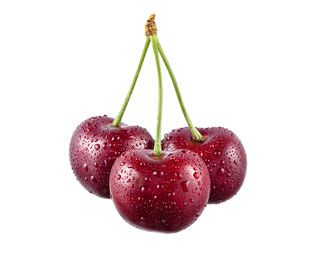

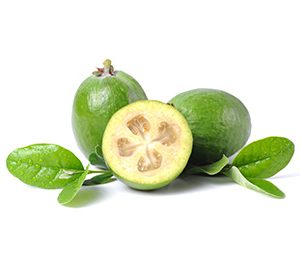
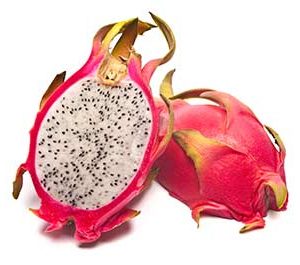
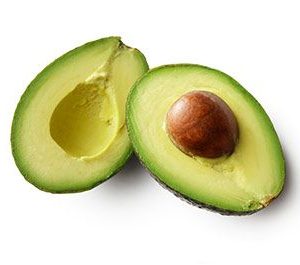
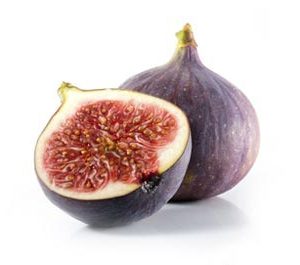
Reviews
There are no reviews yet.